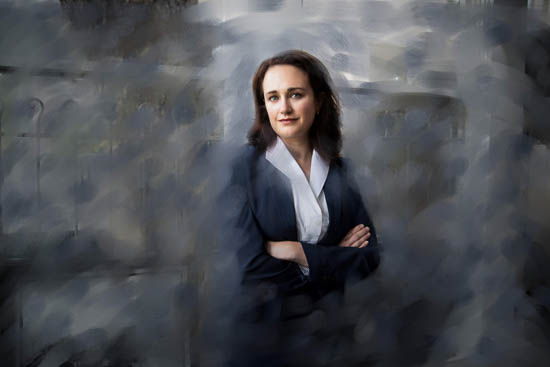
A Complete Guide to Learning Photography
It communicates without words.
Understanding Gear Before Shooting
Every photographer must first learn their equipment.
Whether you shoot with a compact point-and-shoot, the core principles remain the same.
Spend time experimenting with different settings. Knowledge of features reduces frustration.
Light Is Everything
Photography literally means “drawing with light.”
Morning light adds natural beauty.
On-camera flash replicate daylight.
Direction of light all affect mood.
Composition Basics
Composition decides how viewers experience a photo.
Leading lines make shots engaging.
Try unusual angles. Creative choices make images memorable.
Practice and Patience
Every mistake is part of learning.
Try new techniques often. Consistency grows skill.
Overexposed frames are lessons not failures.
Editing and Post-Processing
Editing is where style emerges.
Simple phone apps fix color.
Editing should enhance, not distort.
The Value of Showing Images
Images gain power when seen.
Photo forums connect you with peers.
Submitting to contests adds professionalism.
What Makes You Unique
Style is your visual fingerprint.
Try genres like portraits, landscapes, macro, or street. Each adds to your toolkit.
Your style may evolve, and that keeps photography exciting.
Common Beginner Mistakes
Ignoring light direction can be fixed easily.
Over-editing images is avoidable.
Awareness keeps growth steady.
Bonus Guidance
- Carry an extra memory card.
- JPEGs are fine but less forgiving.
- Clean your lens regularly.
- linkkedin headshots Auto is easy but manual builds skill.
- Learn by observing composition and light.
FAQ Section
Q: Do I need an expensive camera?
A: Any camera can take great photos with the right technique.
Q: How long until I improve?
A: Consistency website is more important than gear upgrades.
Q: Is editing cheating?
A: No, editing is part of modern photography.
Q: Should I always follow rules?
A: Learn them first, then break them creatively.
Closing Words
The process matters as much as results.
Challenge yourself often. With time and patience, your photos will improve.
Whether as a hobby or a profession, progress comes with practice..
How Photographers Work
Photographers capture life.
Artists with cameras all share a passion for visual expression.
Photographers specialize in unique areas, such as photojournalism. Each demands unique skills.
Experienced shooters develop patience.
What Photographers Use
Skill outweighs equipment, but good gear helps.
Cameras
DSLR cameras offer flexibility at various levels.
DSLRs provide interchangeable lenses, optical viewfinders, and durability.
Lenses
Different lenses tell different stories.
- Prime lenses give sharpness and low-light ability.
Choosing the right lens improves results dramatically.
Tripods and Stability
A steady shot improves sharpness.
Lighting Equipment
Softboxes, reflectors, and strobes shape light.
Extra Items in a Camera Bag
- Extra batteries keep equipment safe and working well.
- Backpacks help photographers stay mobile and organized.
- Remote shutters let you try new perspectives.
How Much Gear Really Matters
In reality, skill makes the bigger difference.
A professional with basic equipment can outperform a beginner with expensive gear.
Growth and Mindset
Experimenting with different gear teaches flexibility.
Joining photo communities connect you with mentors.
Technology and Photographers
Photography is evolving fast.
Artificial intelligence offer new creative options.
Still, the essence remains: capturing light, telling stories, and expressing ideas.
Wrapping Up This Section
Photographers and their gear are inseparable.
The best advice remains simple: learn, practice, and keep shooting.